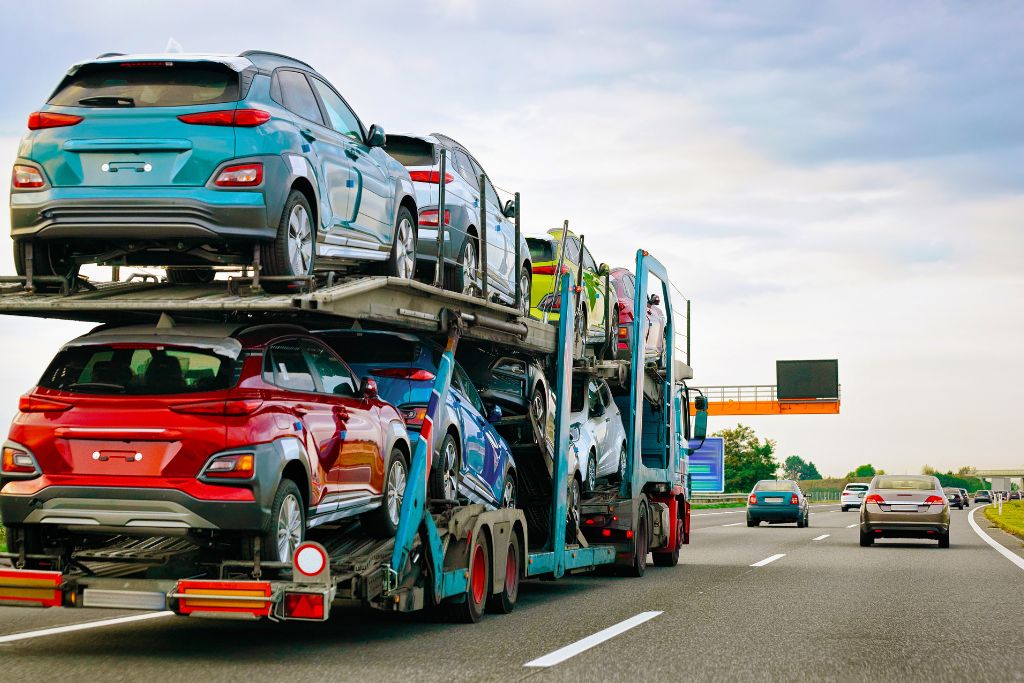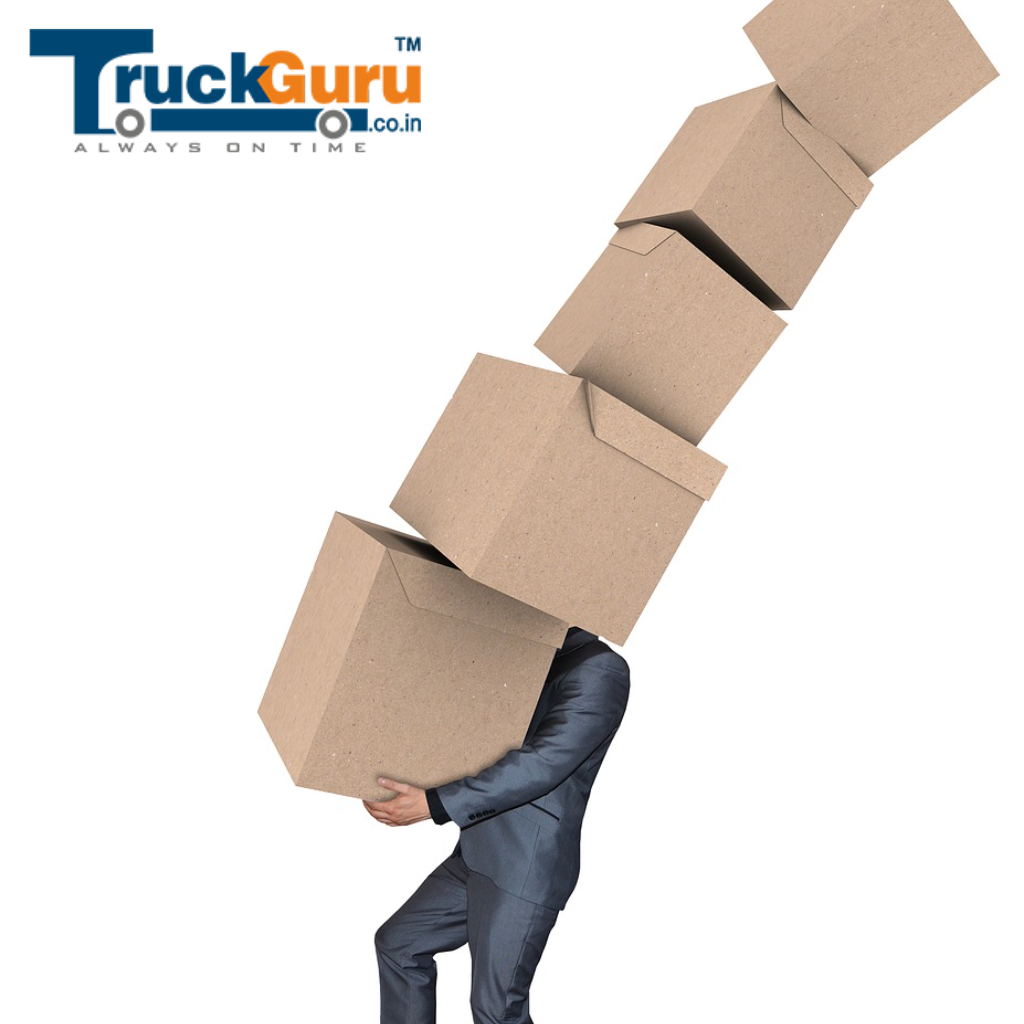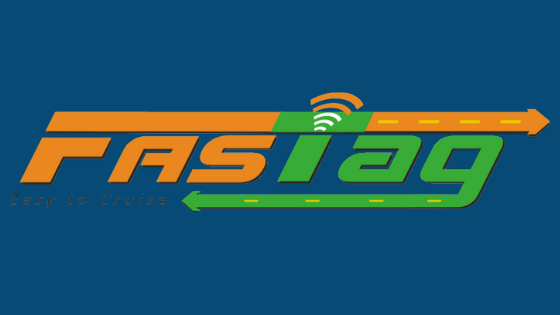
Despite a temporary economic slowdown due to the COVID-19 pandemic, the economy has since regained momentum. In 2021, the government passed a big infrastructure bill. After this specialized funding for roads and bridges began to pour into the states. This investment influx means more work for specialized truckers who transport big and heavy stuff, like construction equipment. It’s a great time for these heavy-haul truckers to grow their business.

What is heavy haul trucking?
Heavy haul trucking, as the name implies, is all about moving really large and heavy stuff. When a load is bigger than what’s normally allowed on most roads, it’s considered heavy. The specific size and weight limits can vary by state, but typically, anything wider than 8.6 feet, taller than 13.6 feet, longer than 53 feet, or heavier than 80,000 pounds is seen as a heavy load.
These heavy items usually include things like industrial machinery, construction equipment, or components for things like wind turbines. Heavy haul trucking companies have specialized trailers and vehicles designed to transport these oversized loads safely while obeying the rules and regulations.
These trucking operators can handle a wide range of heavy cargo, from large mining or military equipment on step-deck or drop-deck trailers to transporting items like airplane parts or wind turbine blades.
What is the best heavy haul truck?
Selecting the best truck for hauling heavy equipment depends on individual needs and financial considerations. There are some factors you need to consider before choosing the best truck for heavy loads such as budget limitations, payload capacity, axle configuration, reputation of the manufacturer, fuel efficiency, etc. Some most common heavy haul trucks are- Volvo FH16, MAN TGX, Scania R 500, BharatBenz 2828C, and Tata Prima 4928.
What are the different options for buying the best truck for hauling heavy loads?
When acquiring the best truck for heavy hauling, you have various options, including buying, leasing, or entering a lease-purchase agreement.
Leasing offers the choice of an operating lease, where you cover maintenance, taxes, and permits but can walk away at the lease term’s end. Terminal Rental Adjustment Clause (TRAC) lease, requires a small down payment and allows you to purchase the equipment at its residual value or potentially profit from its sale.
A TRAC lease carries a risk of paying the difference if the sale results in a loss. On the other hand, lease-purchase agreements are an option for individuals with limited savings or poor credit. However, it’s important to note that lease-purchase agreements often entail higher heavy equipment hauling rates compared to traditional financing arrangements.
How to find Heavy haul loads?
To find heavy haul loads for your trucking business, start by ensuring you have the necessary permits and paperwork.
Load boards, also known as freight boards. They are a valuable resource for connecting carriers, shippers, and brokers.
The DAT load board is a highly recommended option, featuring a vast network of shippers and brokers posting over 1.4 million loads daily, including exclusive ones.
It offers real-time updates, advanced filtering options, and a mobile app for on-the-go access. Apart from this, the DAT load board also provides important insights into brokers and shippers to help you make the best possible choice for your heavy haul trucking business.
By using the DAT One mobile app with a DAT subscription, you can access real-time fuel prices, emergency support, nearby loads, and essential resources. You will also check broker credit scores and saved searches on your mobile device.

Also, DAT provides rate and market analytics tools to help you negotiate fair rates and their DAT Assurance feature. DAT also offers various subscription plans to suit your specific business needs.



